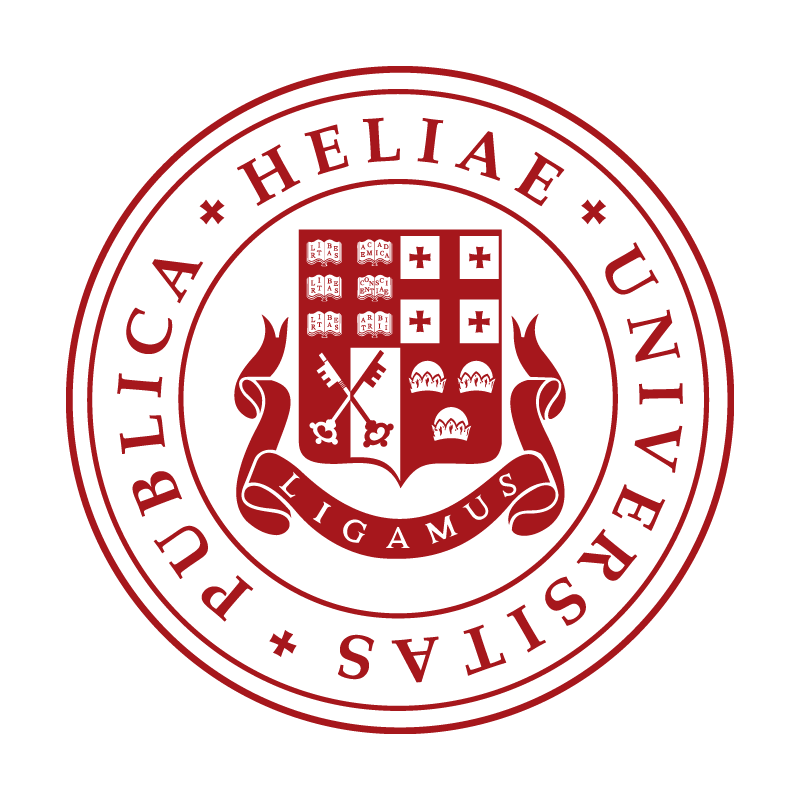Address
Kakutsa Cholokhashvili ave. 3/5 Tbilisi 0162, Georgia
Working hours
- Monday 10:00 - 18:00
- Tuesday 10:00 - 18:00
- Wednesday 10:00 - 18:00
- Thursday 10:00 - 18:00
- Friday 10:00 - 18:00
- Saturday Weekend
- Sunday Weekend
Message
Frequently Asked Questions
-
How to apply?
Anyone wishing to apply to the Modern Georgian History Master’s program should pass the following exams after passing unified master’s exams:
English language test (B2 level, score of minimum 71%) or submit relevant certificate;
Internal University oral exam
To apply for the program, the applicant should submit a CV in Georgian and a motivation letter of 400 words.
Please find additional information on the following link: https://bit.ly/3aLnvbk
-
What is the threshold for the internal University oral exam?
If the candidate receives less than a satisfactory score in each component (English language test 71%, oral exam 51%), he/she will be exempt from the list of candidates.
-
How much is the tuition fee?
The tuition fee for the Modern Georgian History Master’s program is 2250 GEL. The tuition fee may be divided into 2, 4, 6, and 7 installments for the first study year and in 10 equal installments for the second study year.
-
Is there any scholarship available?
Yes, there is.
The Konrad Adenauer Foundation provides a monthly scholarship of € 250 for students of the Ilia State University Master’s Program in Modern Georgian History.
A total of ten students study in each course, of which the top three will receive a Konrad Adenauer Foundation Scholarship. The duration of the scholarship will depend on the student’s academic performance during the master’s program.
-
Where can the program graduate be employed?
The program graduate may be employed:
At the public and private sectors, international organizations;
At Think tanks;
In the non-governmental sector;
In the field of politics and international relations;
At the educational and research institutions – universities, schools, archives, libraries, museums, etc.
Since the first semester of the program, two students were employed at the Ilia Chavchavadze Center for European Studies and Civic Education.
In addition, the best students in the program will participate in paid research projects, and work with leading professors, that will help them in their professional training and successful career development.








